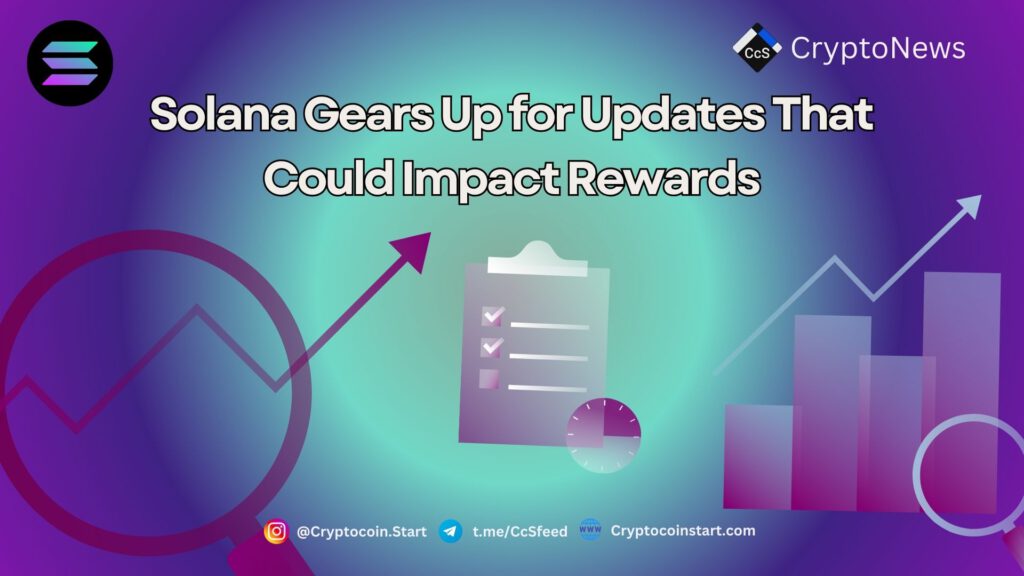
New Mechanism for Reward Distribution
One of the key updates in the SIMDs proposals is the introduction of a new mechanism for reward distribution. Currently, Solana validators receive additional payments for transaction priority. However, under the new model, these priority fees will be directly transferred to those who stake their tokens, rather than to the validators themselves.
This change aims to increase staking rewards and attract more investors to the Solana ecosystem. By directing more rewards to stakers, the update will encourage greater participation in the network. Additionally, it seeks to prevent validators from earning excessive profits through transaction agreements.
However, the update is not without concerns. Some experts, including Matthew Sigel, Head of Digital Asset Research at VanEck, have warned that small-scale validators may face substantial declines in their revenues. Sigel predicts that some validators could see their earnings decrease by as much as 95%, which could lead to financial challenges for smaller validators.
Linking Inflation Rate to Staking Ratio
The second proposed update in the SIMDs initiative aims to link the inflation rate of the SOL token to the ratio of staked supply. This adjustment seeks to reduce token dilution and decrease the tendency for users to sell their rewards immediately upon receiving them.
Currently, Solana’s inflation rate has decreased from an initial 8% to approximately 4%. The long-term target for the inflation rate is set at 1.5%. The proposed mechanism will adjust the inflation rate based on the proportion of the SOL supply that is staked, with the goal of maintaining market balance and controlling inflation more effectively.
While this proposal could help maintain the stability of the Solana network, it may have negative implications for validators. The redistribution of rewards to stakers could make it more difficult for smaller validators to compete within the ecosystem, further intensifying the concerns about their financial sustainability.
Community Reactions and Upcoming Voting Process
The updates have sparked mixed opinions within the Solana community. Some stakeholders are in favor of the proposed changes, believing they will help strengthen the long-term sustainability of the network. Others, particularly smaller validators, are concerned about the potential loss of revenue and the increased difficulty of staying competitive within the network.
As the Solana network moves towards implementing these updates, it will enter a voting process to decide whether to proceed with these regulations. The outcome of this vote will depend on the views of Solana’s stakeholders, with an emphasis on preserving the decentralized nature of the network.
Potential Impact on the Solana Ecosystem
Ultimately, the SIMDs updates could redefine the economic framework of the Solana ecosystem. The focus on rewarding stakers and managing inflation could lead to a more balanced network, but it also brings challenges, especially for smaller validators. As these proposals move through the voting process, stakeholders will need to weigh the potential benefits and risks of these changes for the future of Solana.

